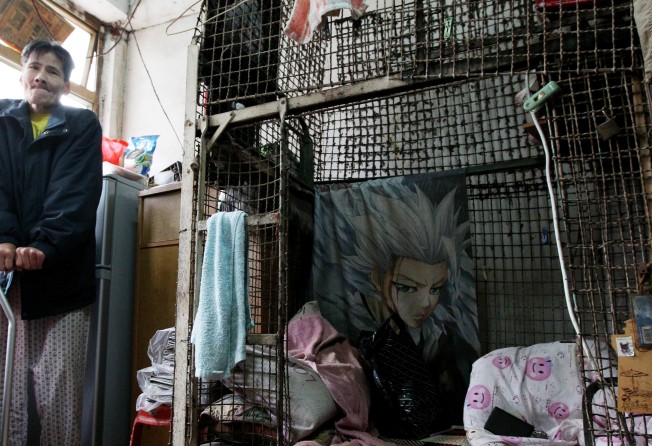Hong Kong’s housing problem is being made worse by free-market policy

I am writing in support of Bernard Chan’s article, “How to create more affordable housing in Hong Kong” (April 13). It is imperative that public figures and officials like Chan regularly update the public about what’s been done about this perennial problem, the hurdles encountered and the options available.
The administration of Carrie Lam Cheng Yuet-ngor is approaching the one-year mark, and she will probably face the same hurdles as her predecessor, Leung Chun-ying, if not more.
Housing prices have continued to spiral upwards, and the backlog of demand for both affordable private flats and public housing keeps growing. I believe successive governments have been genuinely trying their best but are tied down by legacy, structural and constitutional issues, not to mention our political structure, which enables vested interest to influence housing supply and prices.
Chan put it correctly: “It seems that everyone has a favourite solution – and one person’s favourite is usually bitterly opposed by someone else.” Or, the “not in my backyard” mentality.
I think officials should name and shame the groups preventing this problem from being solved.
One example is the proposal to use a small portion, or 3 per cent, of our country parks – which occupy about 40 per cent of Hong Kong’s total land mass – for building public housing for locals.
This would have instantly solved our housing crisis. However, property tycoons and landlords of multiple properties would probably oppose a huge supply increase, as that would drive prices down. Environmental groups would also join the fray, opposing but offering no viable solutions.
A multipronged approach is needed to tackle our housing crisis, including developing golf courses and brownfield sites, reclamation, imposing more acute demand control measures for both locals and foreigners, development of farmland, and so on.
Some say that Hong Kong has a free-market policy and that intervention is anathema. But we must move away from this ideology that has resulted in hundreds of thousands living in subdivided flats and condemned some even to cage homes, while our luxury property prices continue to break world records. Everyone and all parties in Hong Kong must do their bit to solve this problem of our own making.
Bernard E.S. Lee, Tsuen Wan